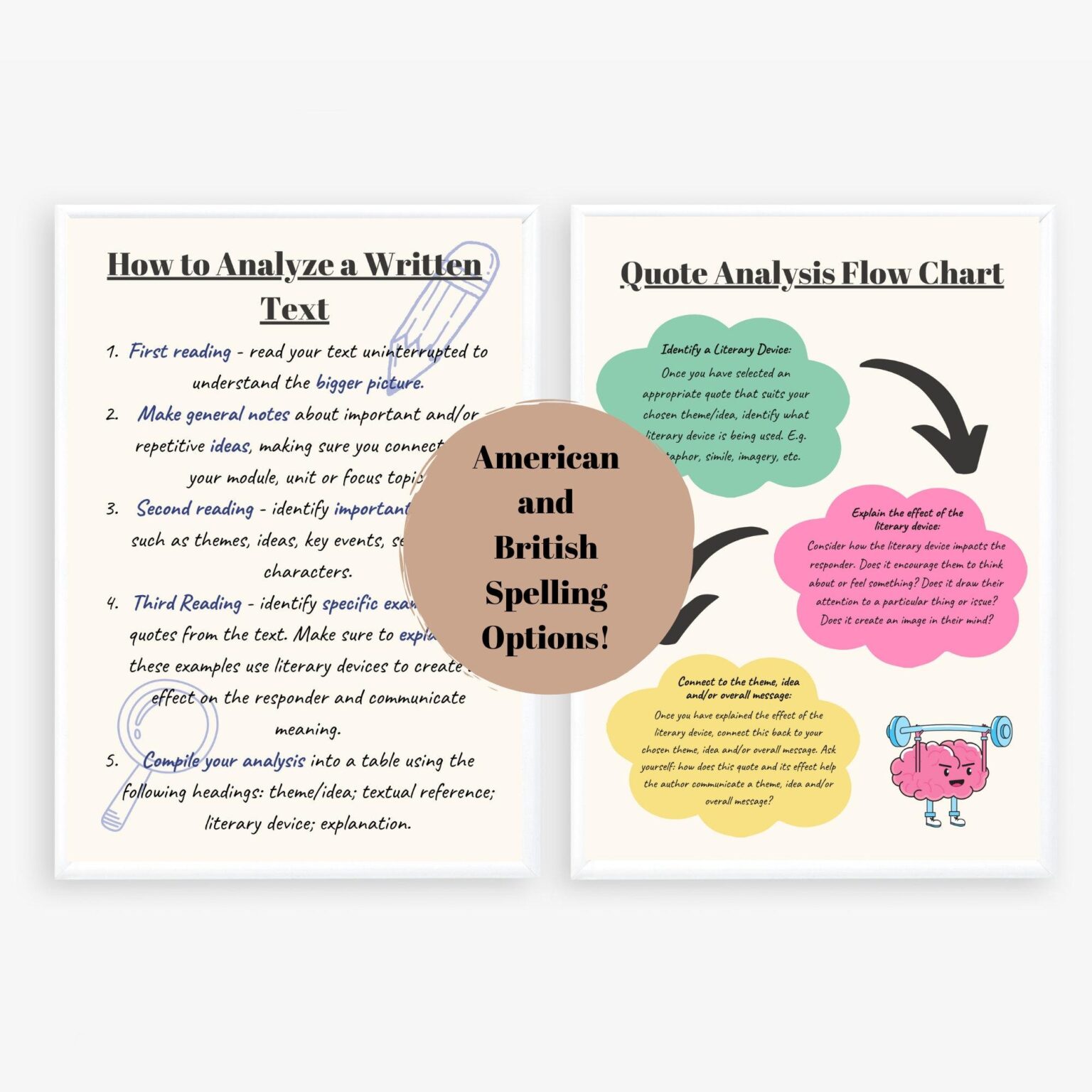Seychelles Leads Africa in Financial Crime Risk: An In-Depth Analysis of the Latest Rankings
The newest Financial Crime Risk Index, released by APAnews – Agence de Presse Africaine, has identified Seychelles as the African nation most vulnerable to financial crime in 2025. This comprehensive index evaluates countries based on their susceptibility to illicit financial activities, highlighting the challenges they face in maintaining economic integrity. Seychelles’ position at the top of this list signals significant concerns for regulators, financial institutions, and international stakeholders. This article delves into the primary reasons behind Seychelles’ ranking, examines the broader context of financial crime across Africa, and discusses the potential consequences for the continent’s financial stability.
Understanding Seychelles’ Position as Africa’s Highest-Risk Country for Financial Crime
Seychelles’ designation as the most at-risk African country for financial crime stems from several critical weaknesses within its financial oversight mechanisms. Analysts point to a combination of limited enforcement capabilities, gaps in legislation, and geographic factors that complicate effective supervision. These vulnerabilities create an environment conducive to illicit activities such as money laundering, tax evasion, and fraud. The island nation’s financial system is often exploited by criminals seeking to capitalize on regulatory loopholes.
To counter these risks, experts advocate for urgent reforms aimed at enhancing transparency and compliance. Recommended measures include:
- Strengthening regulatory frameworks: Empowering financial institutions with better tools to identify and report suspicious transactions.
- Boosting international collaboration: Partnering with global agencies to exchange intelligence and adopt best practices.
- Raising public awareness: Launching educational campaigns that inform citizens about the dangers and indicators of financial crime.
Addressing these issues is vital not only for protecting Seychelles’ economy but also for restoring its credibility within the global financial community. A coordinated effort involving government bodies, private sector players, and international partners will be essential in reversing current trends.
Key Drivers Behind Seychelles’ Elevated Financial Crime Risk
Several factors contribute to Seychelles’ prominence on the Financial Crime Risk Index. Its strategic location as a nexus for international trade and finance makes it an attractive hub for both legitimate business and illicit operations. However, this advantage also exposes the country to heightened risks of money laundering schemes and tax avoidance strategies.
Moreover, Seychelles’ relatively small regulatory infrastructure struggles with limited resources, resulting in insufficient monitoring of complex financial transactions. The banking sector’s strong emphasis on client confidentiality can unintentionally shield unlawful activities from scrutiny.
Specific contributors include:
- Substantial foreign investment flows, which sometimes lack rigorous oversight.
- Inadequate enforcement capacity, hampered by budgetary constraints.
- Lack of transparency regarding corporate ownership structures and financial disclosures.
These conditions collectively foster an environment where illicit financial conduct can flourish unless addressed through stronger governance measures. Enhancing cooperation with international law enforcement agencies remains a critical component in tackling these challenges effectively.
Comprehensive Strategies to Combat Financial Crime in Seychelles and Across Africa
Mitigating financial crime in Seychelles demands a holistic approach that reinforces existing systems while fostering new partnerships. Central to this effort is the enhancement of legal frameworks that govern anti-money laundering (AML) and counter-terrorism financing (CTF) protocols. Key initiatives should focus on:
- Improving coordination between governmental regulators and private financial institutions.
- Allocating increased funding toward law enforcement agencies tasked with financial oversight.
- Implementing ongoing professional development programs for officials involved in monitoring financial activities.
Equally important is expanding international cooperation given the transnational nature of many financial crimes. Seychelles should actively engage with regional organizations such as the Eastern and Southern Africa Anti-Money Laundering Group (ESAAMLG) to share intelligence and harmonize enforcement efforts. Suggested collaborative actions include:
- Establishing joint training workshops that enhance investigative skills across borders.
- Developing shared databases for tracking suspicious transactions spanning multiple jurisdictions.
- Cultivating partnerships with neighboring countries to coordinate responses against cross-border criminal networks.
Such integrated strategies will not only strengthen Seychelles’ defenses but also contribute positively toward a more secure African financial ecosystem.
Conclusion: Insights into Africa’s Financial Crime Landscape and Future Outlook
The latest findings from the Financial Crime Risk Index paint a sobering picture of vulnerabilities within Africa’s economic systems, spotlighting Seychelles as a focal point of concern in combating illicit finance. This ranking underscores an urgent need for robust reforms aimed at tightening regulations, improving enforcement capabilities, and fostering greater transparency.
As Seychelles grapples with these challenges, its experience serves as a cautionary tale for other nations facing similar threats amid increasing globalization of financial markets. Policymakers, regulators, investors, and civil society must unite in their efforts to build resilient frameworks that deter criminal exploitation while promoting sustainable economic growth.
Ultimately, safeguarding against financial crime transcends national boundaries; it requires vigilant cooperation among all stakeholders committed to preserving integrity within Africa’s evolving financial landscape.

